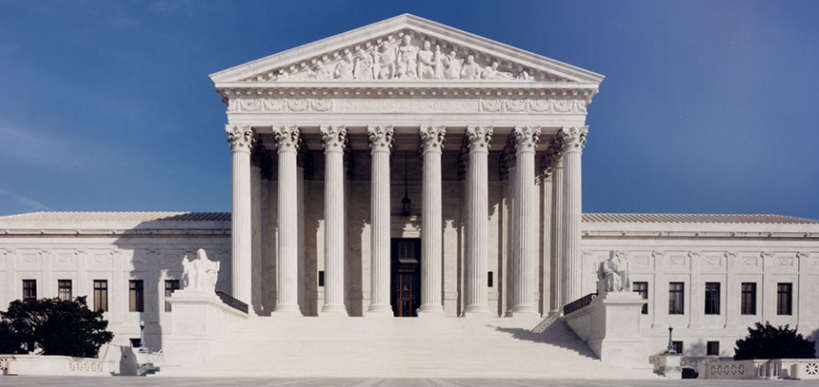Did Jarkesy Undermine Oil States? ParkerVision Thinks So
by Dennis Crouch
In 2018, the Supreme Court's 7-2 decision in Oil States Energy Services, LLC v. Greene's Energy Group, LLC, 584 U.S. 325 (2018) affirmed the constitutionality of inter partes review (IPR) proceedings. The Court held that patents are "public rights" and thus may be canceled through congressionally authorized administrative proceedings without violating Article III or the Seventh Amendment right to a jury trial. This decision was a significant win for proponents of the America Invents Act (AIA) and those seeking to use the Patent Trial and Appeal Board (PTAB) as an efficient mechanism to cancel issued patents.
Fast forward to 2024, and a number of us were watching the non-patent case of SEC v. Jarkesy, 144 S. Ct. 2117 (2024), wondering if it might destabilize Oil States. Jarkesy indeed narrowed the scope of what qualifies as a "public right," potentially reopening the debate on the constitutionality of IPRs.
To continue reading, become a Patently-O member. Already a member? Simply log in to access the full post.
